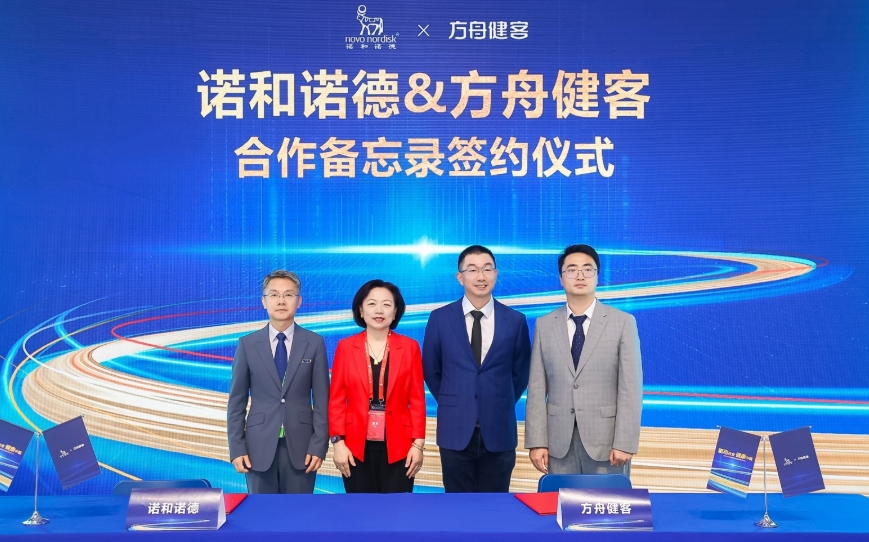Nanoparticles as a drug delivery system enables unique approaches for cancer treatment. Over the last two decades, a large number of nanoparticle delivery systems have been developed for cancer therapy, including organic and inorganic materials.
Many liposomal, polymer drug conjugates are part of the technology offered in clinics, and an even greater number of nanoparticle platforms are currently in preclinical stages of development. Recently developed nanoparticles are demonstrating the potential sophistication of delivery systems by incorporating multifunctional capabilities and targeting strategies in an effort to increase efficacy of systems against the most difficult cancer challenges, including drug resistance and metastatic disease.
NanoBioMagnetics, a US-based drug delivery company, is working on directing magnetic nanoparticle carriers to the tumor site. These magnetically responsive particles can be vectored to the tumor cells.
A multi-stage nanovector platform has been developed by Italy-based Mauro Ferrari, a founder of biomedical nano and micro-technology, especially in its applications to drug delivery of siRNA and small-molecule drugs to target cancers. US-based Leonardo Biosystems is commercializing this technology.
Researchers from the University of Michigan have developed a unique multifunctional nanoparticle known as probes encapsulated by biologically localized embedding (PEBBLE), which can be used for targeting and destroying brain tumors and even destroy those cells, which are intractable otherwise.
This system uses a polymer coated drug along with a magnetic particle, which can vector the drug to the target site and also help in simultaneous imaging and tracking.
EnGeneIC, Australia, has developed the EnGene delivery vehicle, that are bacterially-derived cells loaded with chemotherapeutic agents. These nanoshells can specifically deliver either nucleotides or other cytotoxic drugs without causing any systemic toxicity.
The New Millennium Indian Technology Leadership Initiative program of the Council of Scientific and Industrial Research India is promoting public-private collaborative ventures for developing nanotechnologies that target drugs exactly where they are needed in the human body.
India-based Jupiter Bioscience has initiated a project for the development of anti-cancer chemotherapeutic agents for effective treatment of lung cancer. Aiming to devise a novel formulation based on nanobiotechnology, the company is focused on the development, optimization and characterization of ligand (RGD peptides) targeted nano-constructs encapsulating anti-cancer chemotherapeutic agents (Gemcitabine) for effective treatment of lung cancer.




